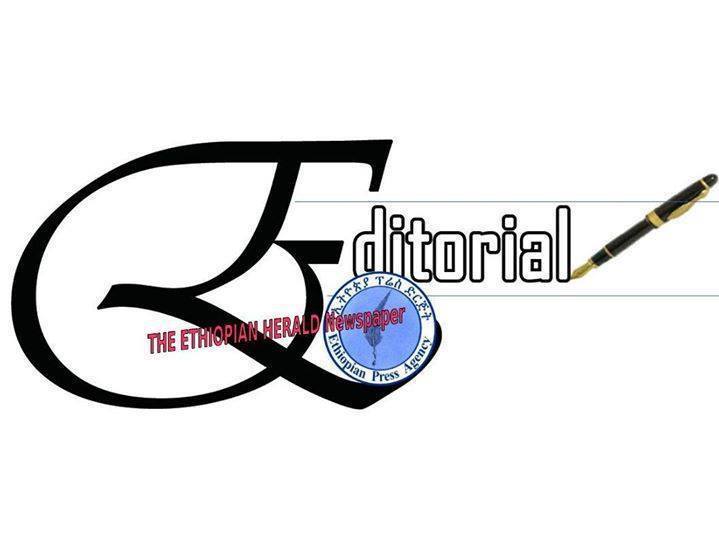
Ethiopia’s relation with Germany is not a new occurrence. Ethiopia and Germany have a history of longstanding diplomatic relations which can be traced back to 1905. At the time when Italy invaded Ethiopia in 1935-1936, Germany sent material support to Ethiopians. In those dark years, as historians stated, the only country that has given concrete support to Ethiopia was Germany by offering Ethiopia secretly three airplanes, 10,000 Mauser rifles, machine guns and 10 million rounds of ammunition by the direct order of Adolf Hitler.
Even after those years, German has been the most important and key supporter of Ethiopia in the economic, political, social and cultural spectrum. The country has consistently been exerting considerable support in knowledgedriven sectors, particularly, in the technical and vocational sectors, in the fields of information technology as well as in the construction sector. It is not uncommon to see Germany companies, development and humanitarian organizations taking part in Ethiopia’s development endeavors.
For this saying, the GIZ, one of German’s development organizations that has been implementing various development programs is the best showcase. The Organization for over forty years has executed commendable development tasks in Ethiopia in areas of vocational and technical education, rural development, sustainable use of natural resources, renewable energy and biotechnology, green technology development and other similar activities, among others.
Not only that. Germany and Ethiopia have a long tradition of cultural exchanges aimed at promoting the culture and heritages of the two countries and foster international cultural cooperation. On top of this, a number of literary events, such as, art exhibitions, films dances, music are organized and staged at Goethe Institute in Addis Ababa. It is not surprising to learn that the well-known German Visual Artist Hansen-Bahia was teaching at Addis Ababa Art School. Since the last decades, the economic interaction of the two countries has shot up in every stream.
According to the Ministry of Foreign Affairs, some 35 German companies are engaged in Ethiopia’s floricultural, logistics, transport and pharmaceutical sectors. Ethiopia exports agricultural products, including coffee and textiles to German markets, and imports pharmaceuticals, medicines and machinery. And on last Sunday, German President Frank-Walter Steinmeier has arrived in Ethiopia for a three days official visit.
This comes at the back of a sweeping reform Ethiopia is undertaking, and after Germany’s auto manufacturing company Volkswagen signed a memorandum of understanding as part of its investment plan in Ethiopia which is expected to be the biggest expansion center in Africa. While the signing of the MoU is expected to further strengthen the business and investment ties between the two countries, the President’s visit will sort out an opportunity to be part at the current liberalized economic sectors of Ethiopia.
As Ethiopia is currently going through “multifaceted, multidimensional overarching reforms for the advancement of Ethiopia’s development”, Germany presents a reliable partner that can help Ethiopia navigate through this uncharted territory as a country. In what is billed as the rejuvenated Ethiopia,Germany partnership nexus by some, the visit of the President comes at the right time to not only support the ongoing reform process that is undertaking in Ethiopia, but also the proactive role Ethiopia is currently playing “to be continental model for peace, normalcy and growth.”
As we enter a new era, Ethiopia and Germany – which have productive diplomatic relations for years now – will be seeking to strengthen their cooperation in a way that each party will continue to benefit.
The Ethiopian Herald January 30/ 2019



